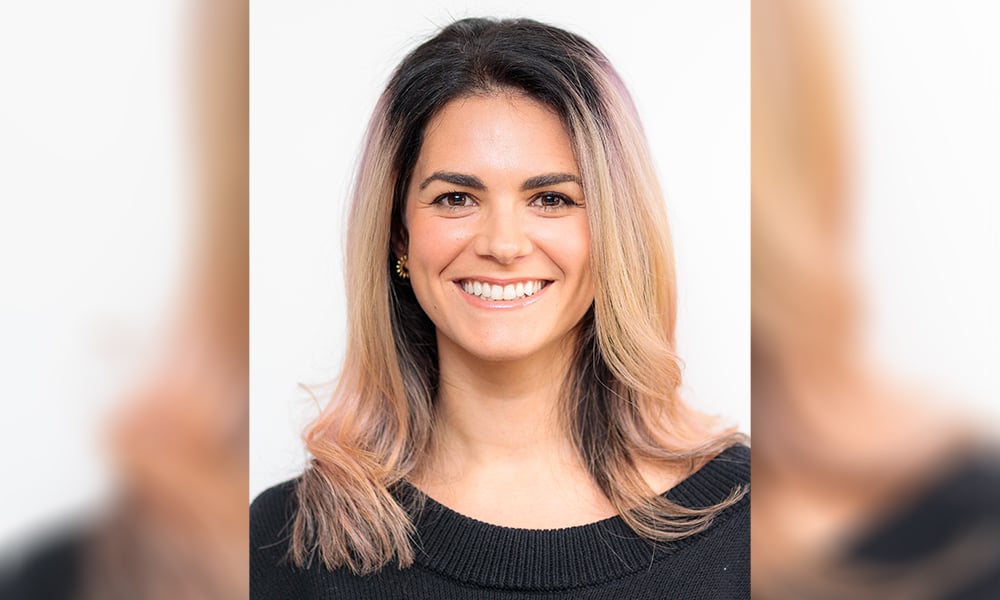
HRD sat down with three finalists of the Australian HR Awards about the impact of the pandemic on their workplaces

Jodette Cleary compares the early days of the COVID-19 pandemic to the start of a bushfire.
“You could see the little spot fires and you are hearing things and then we had to evacuate,” Cleary, the Sydney-based chief people & innovation officer at hipages, told HRD.
“It felt like that.”
Manon Pietra has a similar recollection.
“January and February, we were on high alert and then it all went down,” PHD Australia’s people & development director recalled.
Hannah Bloch, executive director of people & corporate serrvices at Gold Coast Hospital and Health Service, said Queensland had its first COVID-19 patients in late January but it was not until mid-March when she began to sense increased anxiety among her 11,000 team members.
“It was that weekend in March when they started closing international borders and made people quarantine,” Bloch recalled.
“For our workforce, that’s when you could really sense the anxiety and you could really notice this is going to change how we do things.”
Cleary, Pietra and Bloch are among the nominees for HRD’s HR Director of the Year Award.
COVID-19 thrust the trio into playing central roles in ensuring the safety of their respective teams.
They hold similar titles, but the nature of the sectors they worked in resulted in different responses.
Hipages, a directory service connecting tradespeople with homeowners, has a 150-strong Australian workforce.
When the pandemic hit all employees agreed to a 20% pay cut to ease the financial burden inflicted on the company.
“Initially we said take a 20% pay cut for three months, but we were able to bring that forward and it was only a two month pay cut because of how well the team worked,” Cleary said.
The company had to make a “mass buy” of computer monitors to allow its sales staff to work from home.
Hipages’ Manila call centre, staffed by 100 agents, did not fare so well after the Philippines government suddenly enforced a pandemic lockdown.
The Filipino agents could not work from home, some lived two hours away from the call centre and travel restrictions blocked their commute.
Just four agents lived close enough to walk to the office.
“Sydney, it happened very fast, we were agile, and we managed to set up,” Cleary said. “Manila was a much more drastic impact, unfortunately.
“We had been planning on automating our processes but had to fast-track that.”
The Manila workforce has been cut to around 60.
PHD, a leading Australian communications planning and media buying agency, has offices in Sydney and Melbourne and a tech-savvy workforce with an average age of just 30.
Staff have largely been working from home. Pietra said the company has managed to keep everyone on full salary and full-time hours.
The pandemic hit some of PHD’s clients, including Virgin Australia and Fitness First.
PHD’s clientele also included food and supermarkets and chains that suddenly became incredibly busy.
“We are a b2b business and certainly the health of our business is determined on how our clients are doing and what services they need from us,” Pietra said.
“There was a lot of juggling and relocating resources to support our clients.”
The young workforce had its advantages, but also raised some concerns.
“None of us have gone through anything like it,” Pietra said.
“Providing guidance and reassurance to our people without necessarily knowing what was going to happen was a big challenge.”
While many Australian businesses were forced to cut staff, the pandemic led to a hiring surge at the Gold Coast Hospital and Health Service.
Bloch said in March it was determined they would need 800 new staff across nursing, administration and operational departments within potentially a week or two.
The Gold Coast, with its economy relying heavily on tourism and hospitality, suffered major job losses and furloughs from the pandemic. That resulted in a large pool of available workers for Bloch and her team to hire.
“We had strong applicant pools who might not otherwise had been drawn to us,” Bloch said.
Gold Coast Hospital and Health Service was prepared for a pandemic.
It had a pandemic plan ready to be utilised, just as it has plans for cyclones and major medical emergencies.
“We were lucky too because we had the Commonwealth Games on the Gold Coast 18 months earlier and we did a lot of contingency planning for, ‘What do you do if some of your workforce isn’t available?” Bloch said.